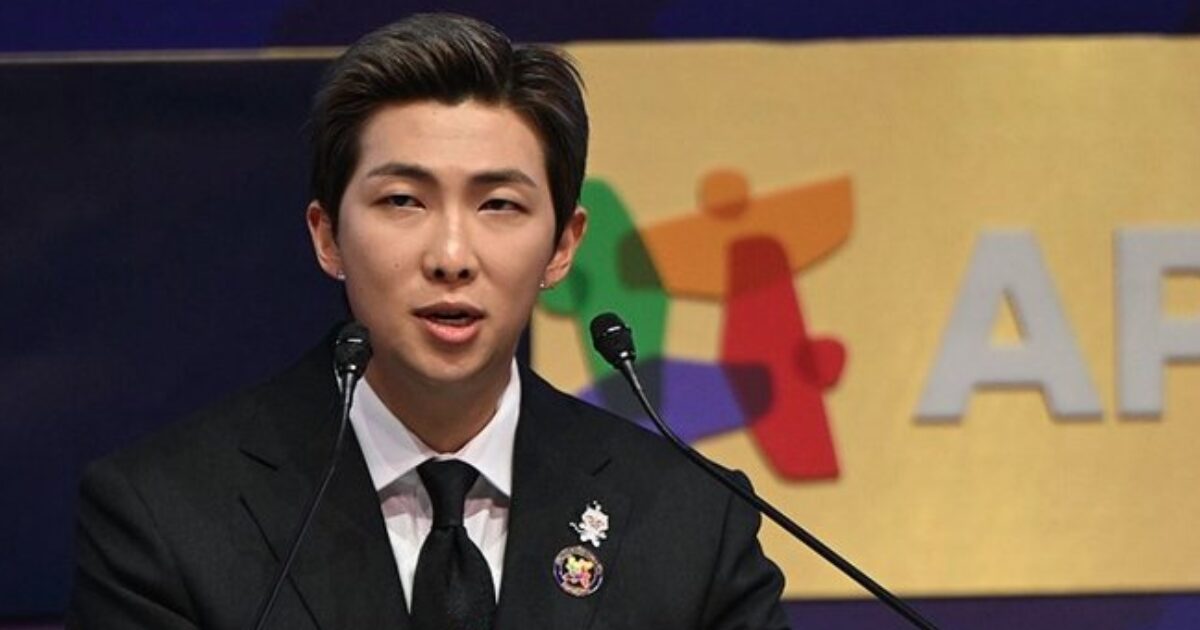RM, the leader of the globally renowned music group BTS, has come under fire for perceived hypocrisy following his recent speech at the APEC CEO Summit 2025. During a cultural session focused on “Cultural and Creative Industries in the APEC Region and the Soft Power of K-Culture,” RM made a call for support for creators worldwide, but his remarks have sparked significant backlash from fans and netizens alike.
In his address, RM stated, “As a creator and artist of this generation, I’d like to use this opportunity to make a request to the distinguished leaders of APEC. There are creators all over the world. Please help them. Give them the financial…” His plea, while intended to highlight the challenges faced by artists globally, was met with criticism for what many described as a lack of humility and respect for other artists.
Some critics pointed to past statements by RM that seemed to elevate BTS’s role in the K-pop industry, suggesting that he often claims the group “paved the way” for Asian artists. This perception led to accusations of arrogance, with critics arguing that RM’s current stance is contradictory to his previous behavior.
A number of social media users highlighted clips where RM was accused of downplaying the contributions of earlier Korean artists such as Wonder Girls and Psy, who were instrumental in bringing K-pop to a global audience. One user remarked, “He made it sound like no one knew Korea when they debuted,” adding that such comments disrespect the pioneers of the genre.
The backlash intensified as various commenters labeled RM as a narcissist and suggested that his statements were insincere. One critic stated, “He’s a straight-up narcissist, always boasting about himself and discredits smaller artists,” reflecting a sentiment shared by many who feel that RM’s comments contradict his earlier actions.
Critics also referenced recent controversies surrounding HYBE, BTS’s management company, further undermining RM’s credibility in advocating for fellow artists. They argued that the company has exploited social issues and engaged in practices such as “queerbaiting” and fostering unhealthy parasocial relationships with fans.
The division among fans and observers of K-pop highlights the complexities of celebrity advocacy in the arts. Supporters of RM defended him, arguing that his intentions to uplift creators should be recognized, while detractors insisted that his previous comments and actions render his current plea disingenuous.
This incident reflects a broader conversation about the responsibilities of artists and their influence within the industry. As discussions continue, it remains to be seen how RM will navigate this criticism and whether he will address the concerns raised by both supporters and critics alike.
